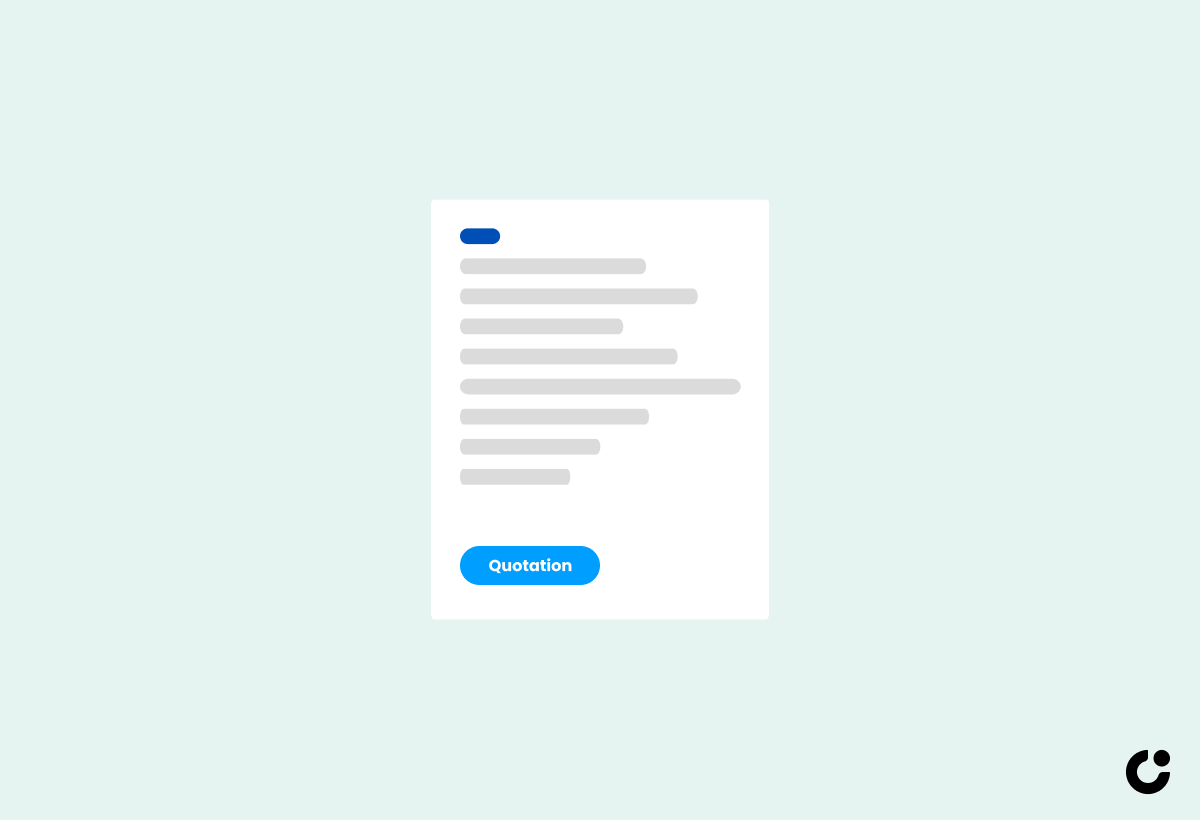Are you looking to improve your business communication skills and secure more deals through email? Crafting an effective request for quotation email is crucial in initiating successful business conversations.
In this article, we will discuss the importance of quotation emails, key elements to include in your emails, tips for writing compelling messages, sample situations and approaches for different scenarios, email format and structure, proofreading techniques, sample email templates, and additional resources to enhance your email communication skills.
Let's dive in and learn how to craft powerful and persuasive quotation emails that will help you stand out in the competitive business world.
Key Takeaways:
1. Personalization is key in crafting an effective request for quotation email. Tailor your message to the recipient and include a clear call to action and value proposition. 2. A well-structured and proofread quotation email can make a strong impression on potential clients. Keep it concise and professional, and use power words to enhance your message. 3. Follow best practices and use sample quotation emails for inspiration. Don't forget to utilize additional resources and tools to improve your email communication skills.
Introduction to Crafting an Effective Request for Quotation Email
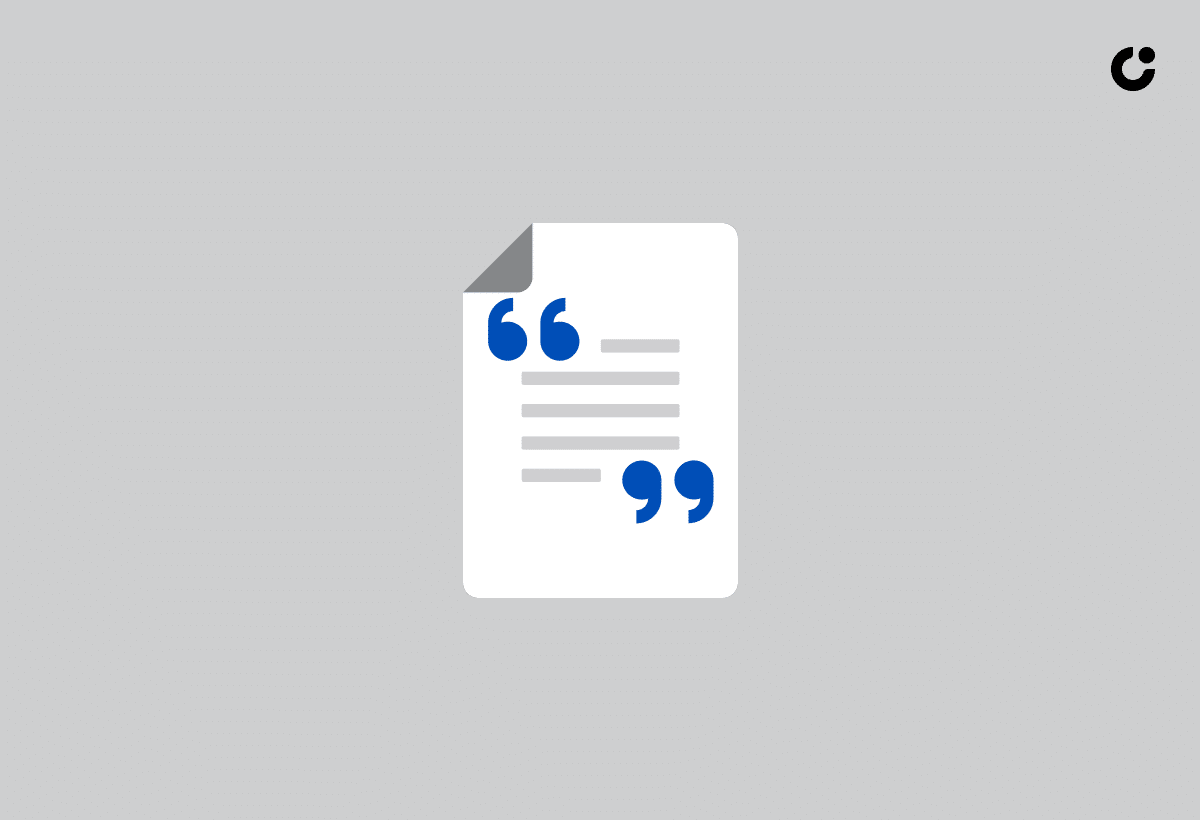
Crafting an effective request for a quotation email is crucial for businesses looking to attract potential clients interested in their services or products.
Professionally drafted quotation emails not only showcase a company's offerings but also establish credibility and trustworthiness in the eyes of the recipient. Including clear details about the services or products being offered helps potential clients understand the value proposition and make informed decisions. By incorporating strategically placed keywords related to the quotation, emails can also improve searchability and grab the attention of the right audience. The art of client engagement lies in striking a balance between informative content and engaging language, making the reader more inclined to take further action.
Understanding the Importance of Quotation Emails
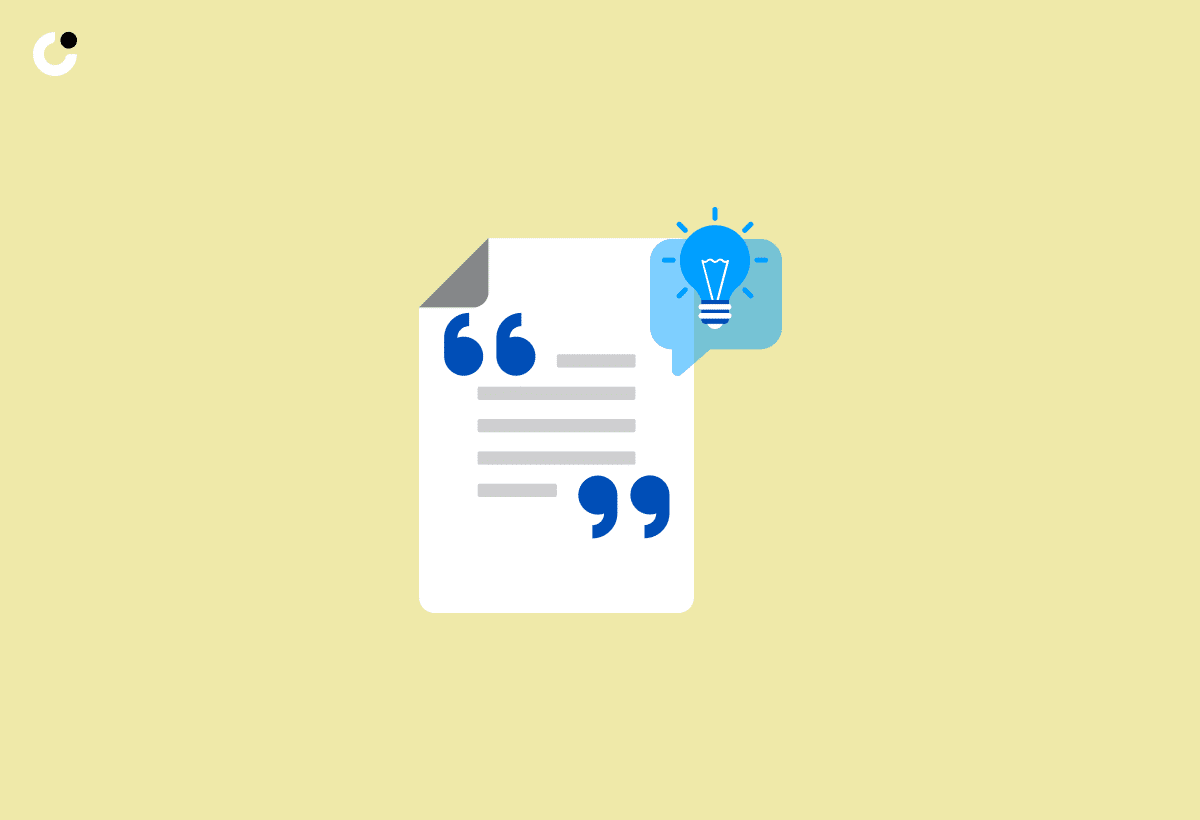
Quotation emails play a pivotal role in establishing trust with clients, showcasing the requested products or services, and ultimately winning business from potential clients.
When a client receives a well-crafted quotation email, it not only assures them of the professionalism and reliability of your business but also demonstrates that you have paid attention to their specific needs and preferences. Clear and detailed information provided in these emails not only speeds up the quotation process but also showcases your commitment to understanding and addressing client requirements. This focus on clarity and attention to detail can significantly impact client engagement, as it shows that you value their time and strive for transparency in your communication.
Key Elements of a Request for Quotation Email

Key elements of a request for a quotation email include personalization, clear pricing details, and a prompt response to the client's interest in crucial services or products.
Personalization is essential to make the client feel valued at the beginning of the email. Including the client's name and a warm greeting can set the tone for a positive interaction.
Detailed pricing information is crucial to avoid any misunderstandings and build trust. Clear breakdowns of costs and services help the client make an informed decision.
Responding promptly to client inquiries showcases professionalism and a commitment to customer satisfaction. Timely communication reflects a company's reliability and can influence a client's decision-making process.
Personalization, Call to Action, and Value Addition
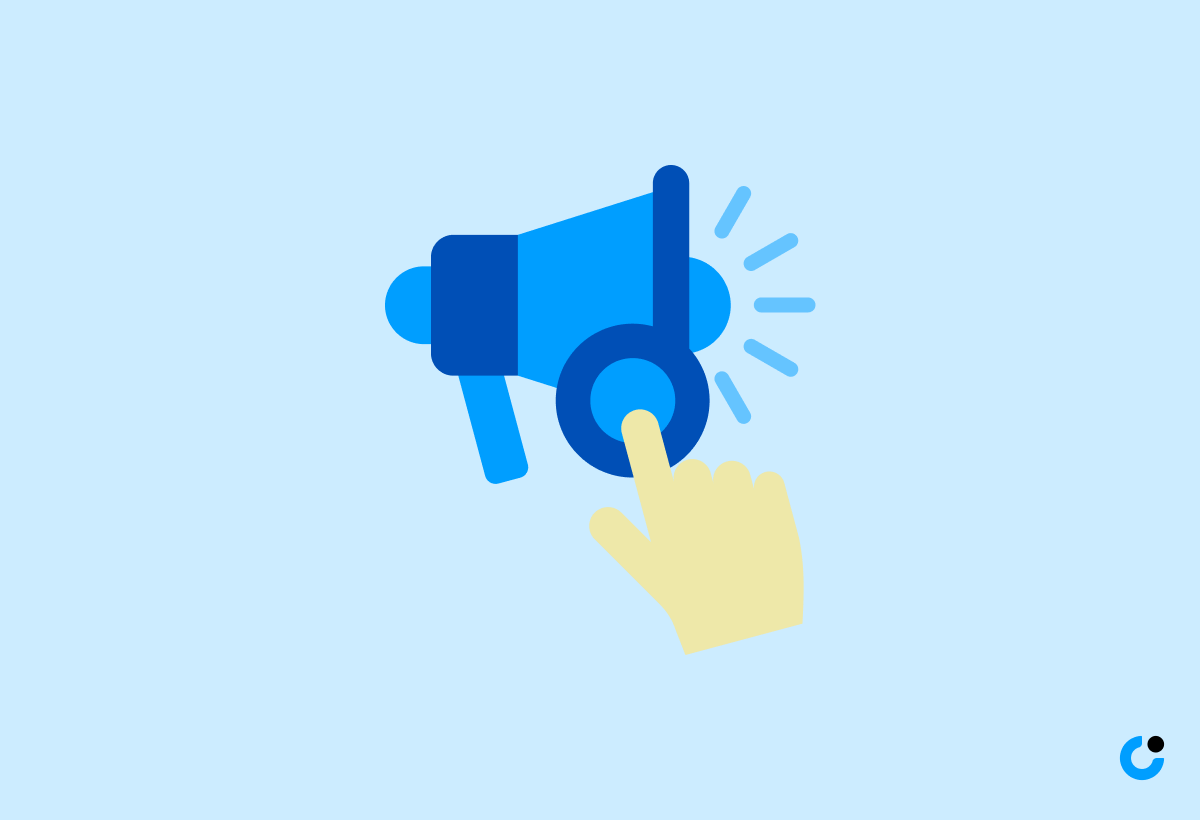
Personalizing the quotation email based on the client's interests, including a clear call to action, and showcasing the value your services can provide are key strategies for engaging potential clients effectively.
When crafting a personalized quotation email, it's crucial to demonstrate a genuine understanding of the client's needs and tailor your message accordingly. By addressing specific pain points and offering customized solutions, you show that you are focused on their individual requirements.
Strong calls to action prompt the recipient to take the next step, whether it's scheduling a consultation or requesting more details. Encouraging a direct response increases the chances of converting the lead into a customer.
Highlighting the unique benefits and value propositions of your services sets you apart from competitors and convinces clients of the advantages of choosing your company. Emphasizing how your offerings can address their concerns or improve their business demonstrates a client-centric approach that resonates with potential clients.
Tips for Writing a Compelling Quotation Email
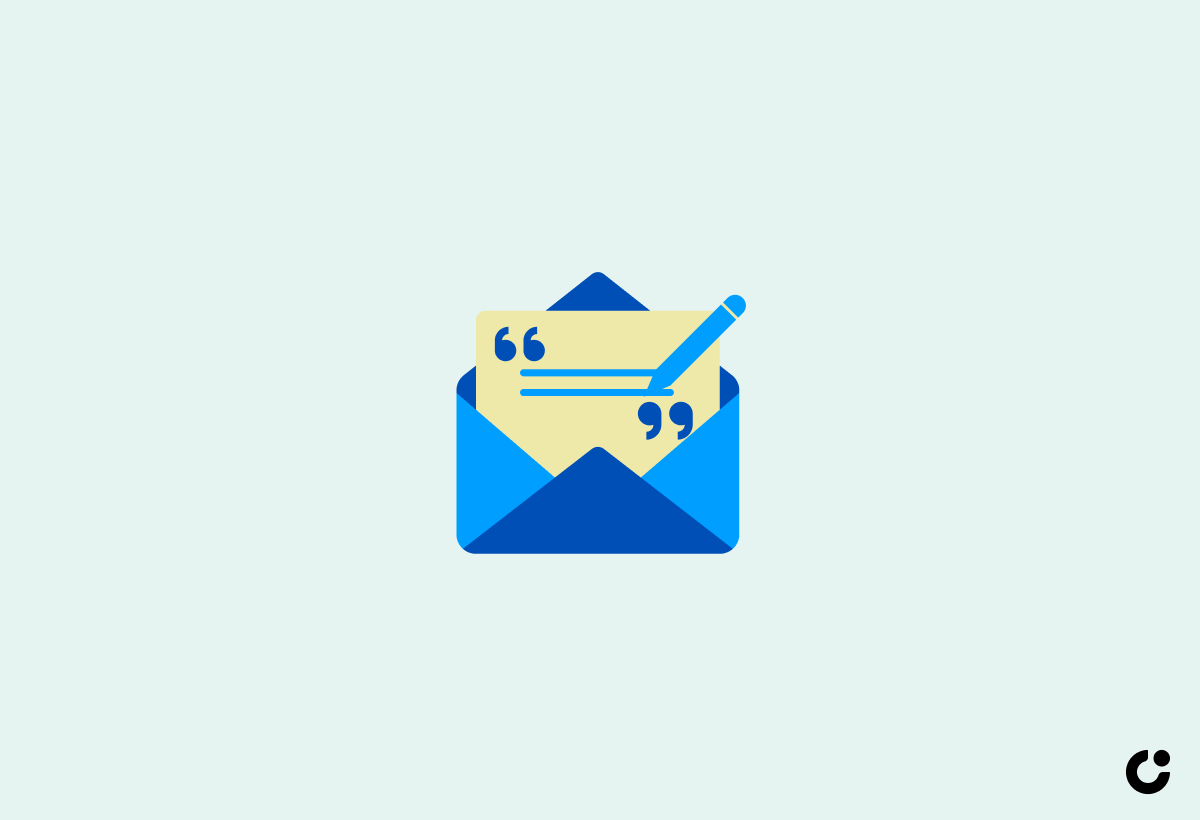
Mastering the art of writing compelling quotation emails is crucial for businesses to stand out from competitors and win over potential clients by providing detailed and professional communication.
When crafting a quotation email, it's important to start with a strong introduction that grabs the recipient's attention. A clear and concise subject line is essential to increase open rates. Personalizing the email by addressing the recipient by name can make a significant impact. In the body of the email, provide a detailed breakdown of the services or products offered, highlighting the competitive advantage your business brings to the table.
Personalization, Call to Action, and Value Propositions
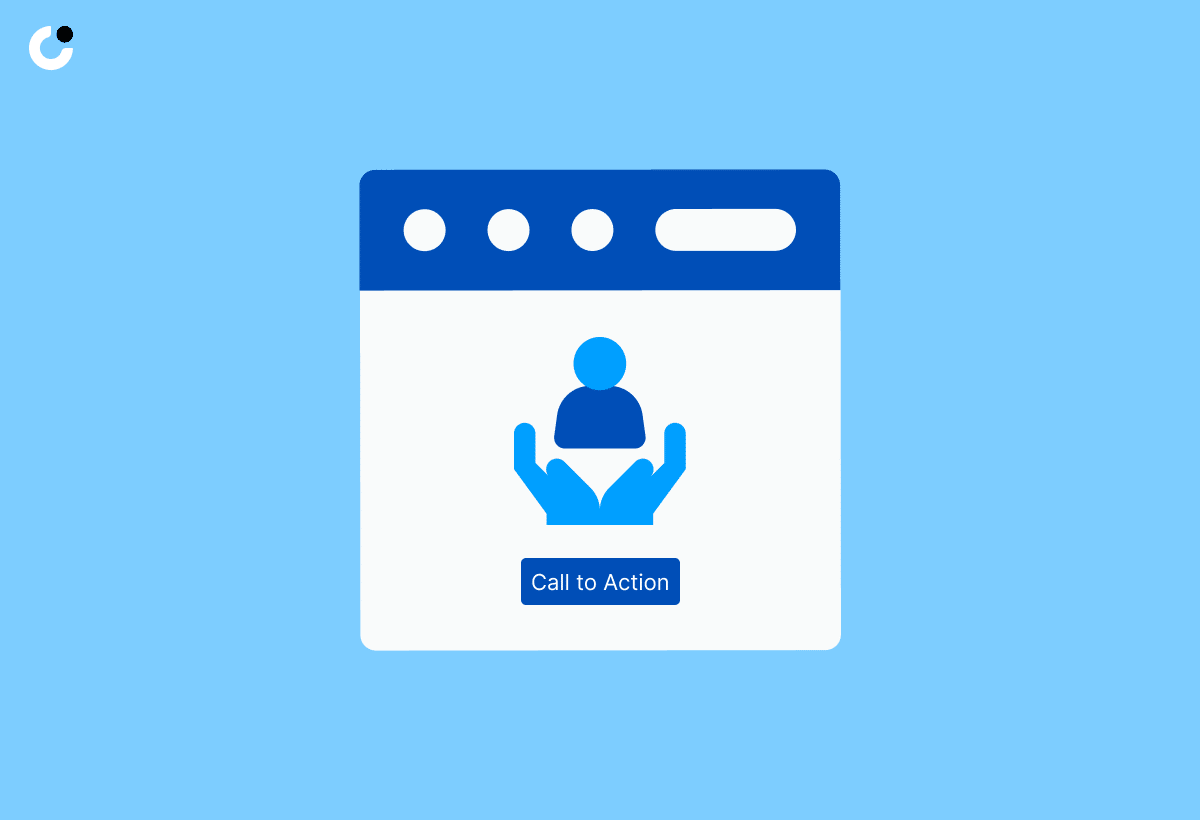
Personalizing the email content, including a clear call to action, and highlighting the value of your services are crucial aspects of crafting a compelling quotation for potential clients.
When a potential client receives a personalized email, it immediately grabs their attention and makes them feel valued. Tailoring the message to address their specific needs and challenges shows that you understand their business, building trust from the start. By incorporating a strong call to action, such as scheduling a consultation or requesting a quote, you guide the recipient on the next steps to take.
Emphasizing the unique value propositions of your services sets you apart from competitors. Providing a pricing breakdown with transparent costs helps the client understand the investment required and the value they will receive in return. Clear, concise communication ensures that the client grasps the benefits of your offerings and how they align with their goals.
Sample Situations and Approaches
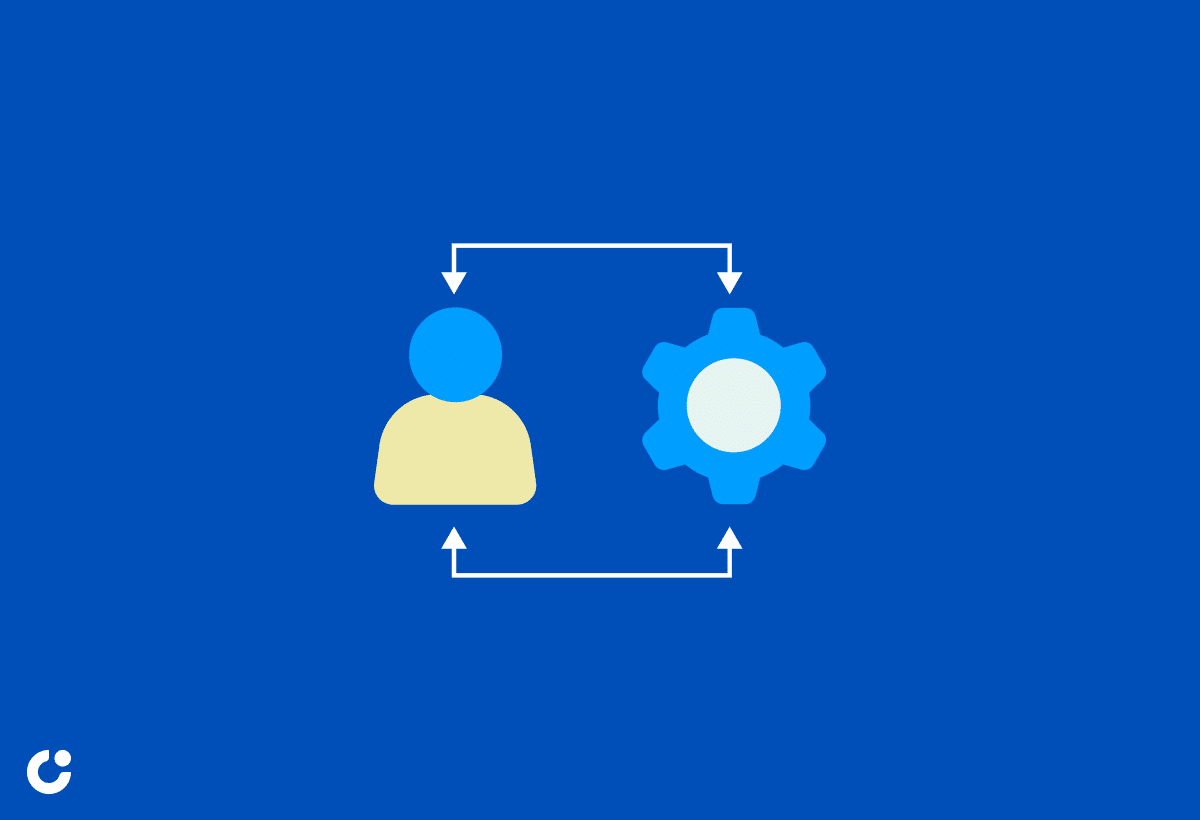
Exploring various scenarios such as new client requests, revised quotes, large projects, and long-term contracts can provide insights into different approaches for crafting effective quotation emails in the sales process.
When receiving a new client request, it's crucial to showcase professionalism and attention to detail in your quotation emails. This is the first impression the potential client will have of your company, so clarity and transparency in pricing strategies are essential to build trust. For revised quotes, highlighting the changes made and explaining the reasons behind them helps in demonstrating flexibility and responsiveness to client needs.
Managing large projects via quotation emails involves breaking down the costs, timelines, and deliverables clearly. Communication is key in these situations to ensure all parties are aligned on expectations, further underlining your commitment to excellent service. Securing long-term contracts through quotation emails requires a strategic approach, focusing on the value proposition and long-lasting benefits your services can provide.
New Client Requests, Revised Quotes, Large Projects, Long-term Contracts
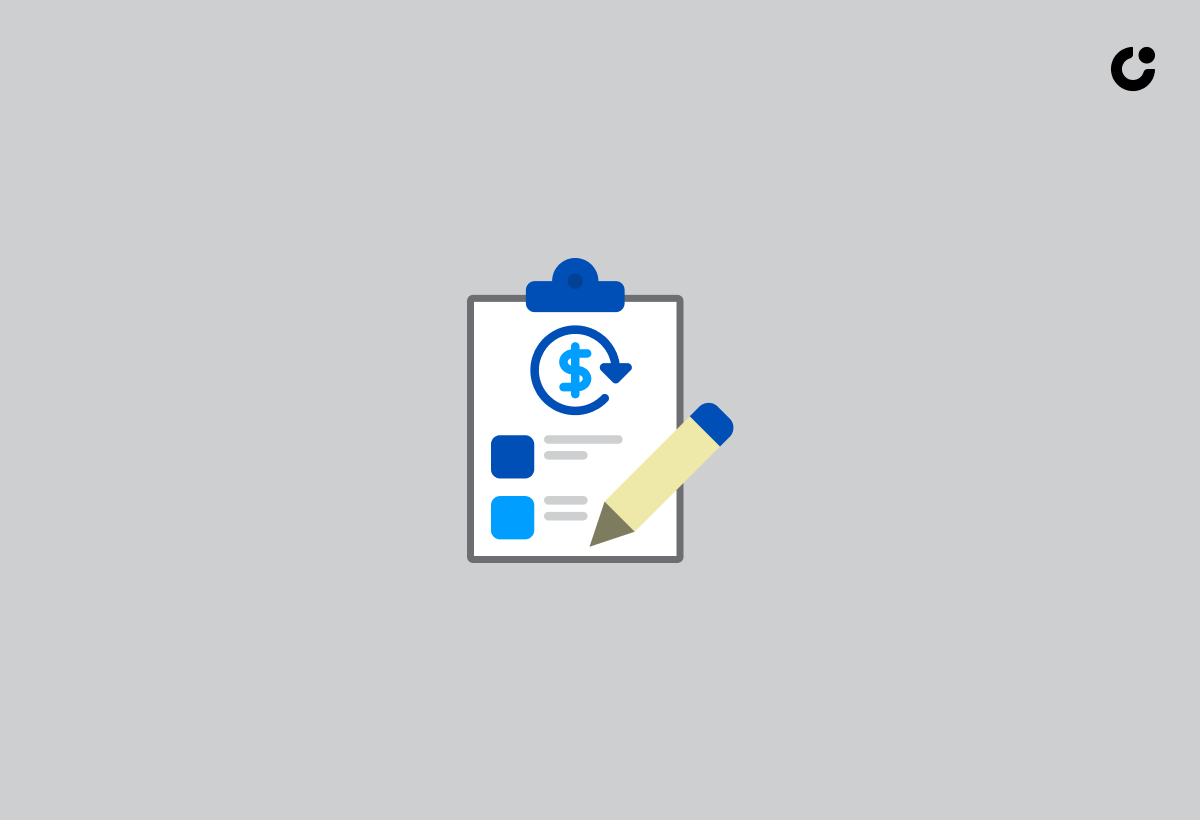
Addressing new client requests, revising quotes, managing large projects, and negotiating long-term contracts require strategic approaches and tailored quotation emails to establish strong business relationships.
When handling new client requests, it is vital to acknowledge their needs promptly and demonstrate a clear understanding of the project scope. Tailoring quotes to align with these requirements showcases attentive customer service and increases the likelihood of securing the deal.
For quote revisions, clarity is key. Responding promptly with detailed explanations for any modifications helps build trust with the client. Providing alternative solutions or value-added services can showcase flexibility and a commitment to meeting their needs.
When managing extensive projects, maintaining consistent communication is essential. Regular updates, progress reports, and milestone summaries not only reassure clients but also demonstrate professionalism and project transparency.
Negotiating long-term contracts demands a delicate balance between asserting your company's value and flexibility. Clearly outlining terms, discussing payment schedules, and addressing any concerns promptly can pave the way for successful negotiations and lasting partnerships.
Quotation Email Format and Structure
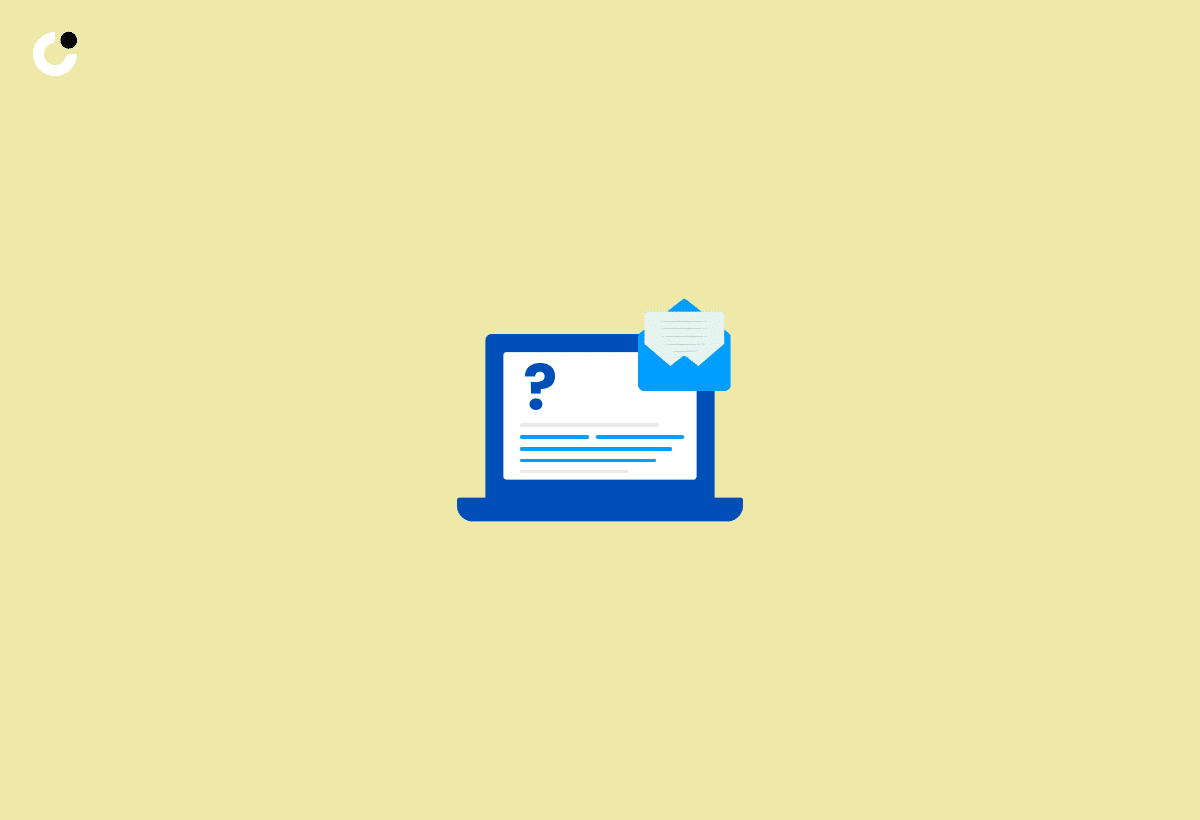
Understanding the format and structure of quotation emails is essential for ensuring a professional and prompt response to client requests while providing clear and transparent details about the offerings.
When composing a quotation email, it's crucial to start with a concise subject line that clearly indicates the purpose of the email. The introduction should be polite and engaging, addressing the recipient appropriately. In the body of the email, use bullet points or tables to present pricing or product details for easy comprehension. Ensure that the email is free of any grammatical errors and maintains a professional tone throughout. Prompt responses are key to client satisfaction, so strive to reply within a reasonable time frame.
Anatomy and Components of a Successful Quotation Email
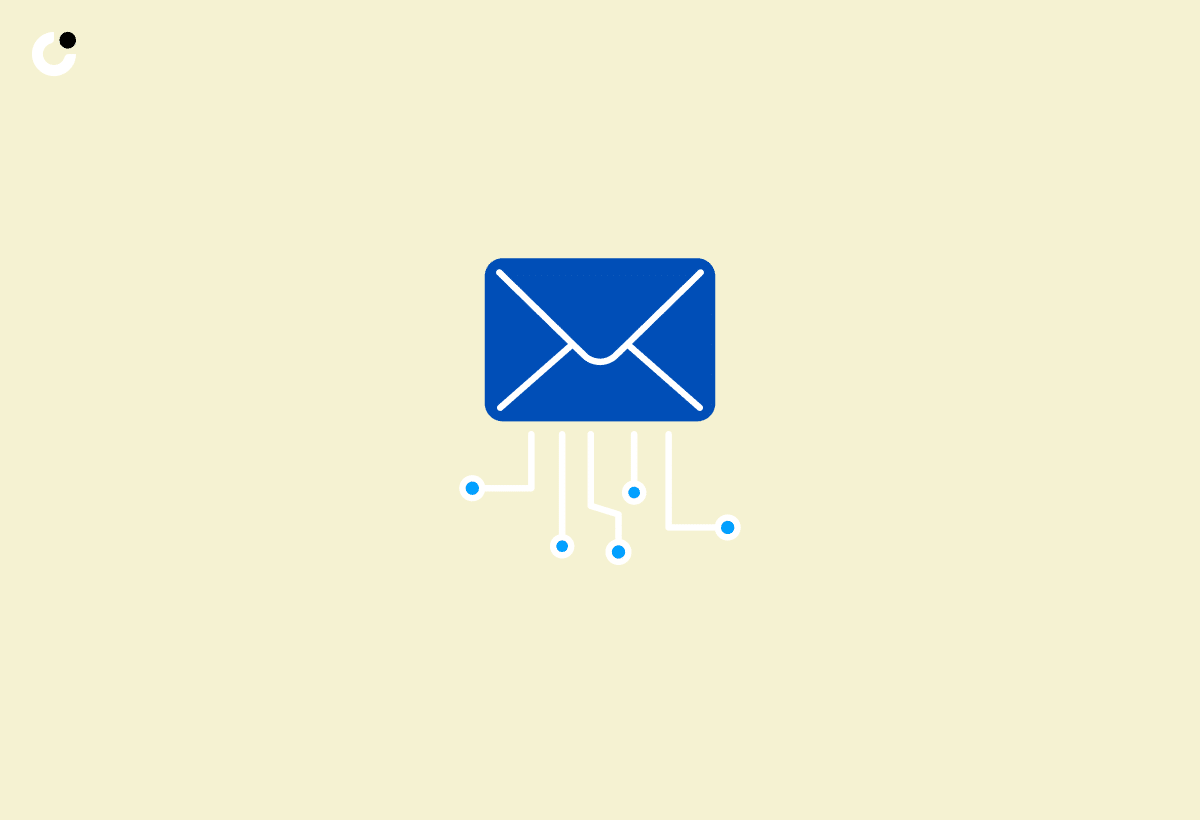
A successful quotation email comprises various components such as enthusiastic project presentations, detailed service offerings, and excitement about the possibility of working together to meet the client's needs effectively.
Enthusiasm is crucial as it sets the tone for a positive interaction with the client. Clearly outlining the project specifics and benefits in a detailed manner showcases professionalism and expertise, instilling confidence in the client's mind.
Emphasizing a proactive and collaborative approach towards client engagement can significantly enhance the chances of winning the project bid. Expressing genuine interest in the client's requirements and demonstrating how your services align with their vision can create a strong connection that goes beyond a mere transaction.
Proofreading and Refining Your Quotation Email
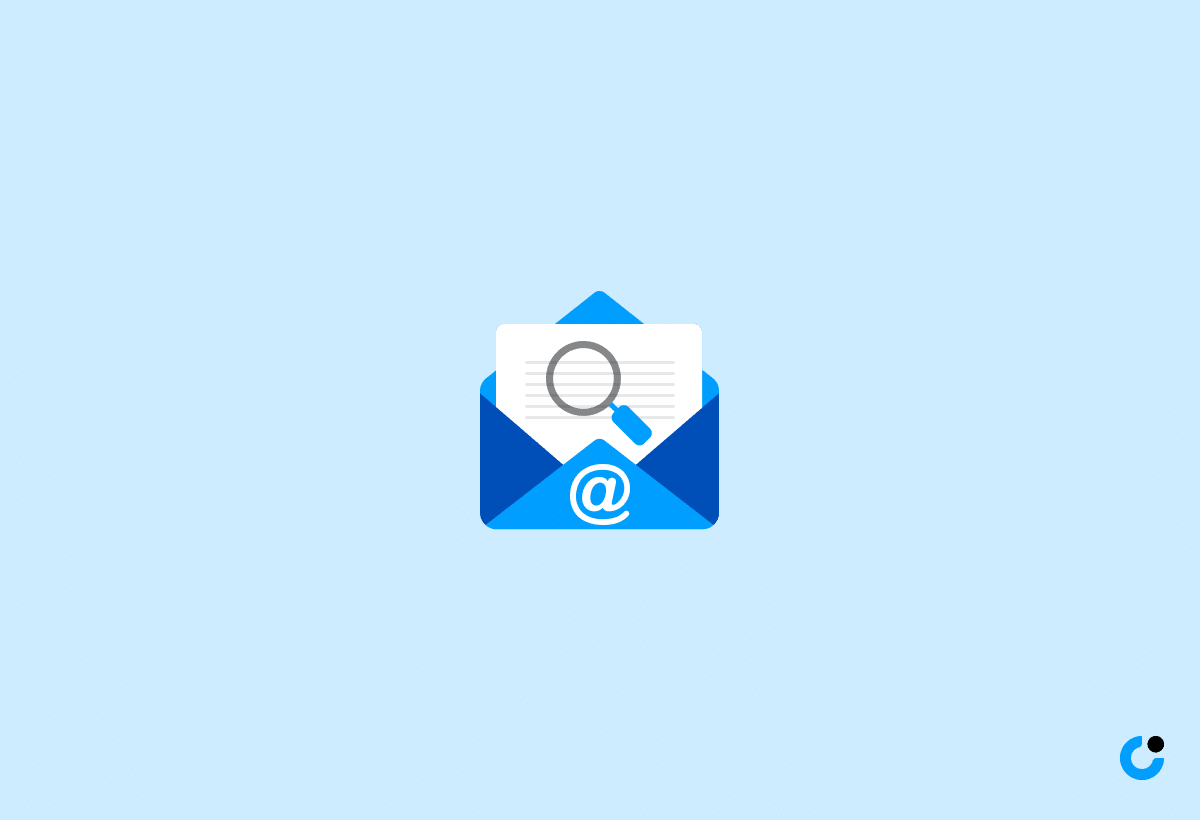
Proofreading and refining your quotation email is essential to ensure accuracy, professionalism, and build trust with potential clients through clear and detailed communication on services, pricing, and product details.
When proofreading your email, pay attention to grammar, punctuation, and spelling errors that can diminish your credibility. Ensure every detail is accurate, from the client's name to the services offered.
Provide a breakdown of the pricing structure, highlighting the value clients will receive for their investment. Be concise yet comprehensive in explaining the services and products you offer, showcasing your expertise.
Remember, clarity breeds trust. Avoid ambiguity or vague language in your email to prevent confusion and misinterpretation.
Tips for Accuracy and Professionalism

Maintaining accuracy and professionalism in quotation emails is key to winning the trust of potential clients, offering detailed breakdowns and precise information on services requested to showcase commitment to quality and clarity.
The importance of these aspects cannot be overstated in the realm of service quality and client relationships. When accuracy and professionalism are upheld in communication, it not only reflects positively on the business but also instills confidence in the client, leading to stronger trust-building. Ensuring that the client receives a clear and comprehensive breakdown of the quotation not only demonstrates transparency but also helps manage expectations effectively.
Clear and precise communication in quotation emails helps in avoiding misunderstandings and potential disputes down the line. Clients appreciate the attention to detail and professionalism that such communication conveys, enhancing their overall experience with the service provider.
Sample Quotation Emails for Inspiration
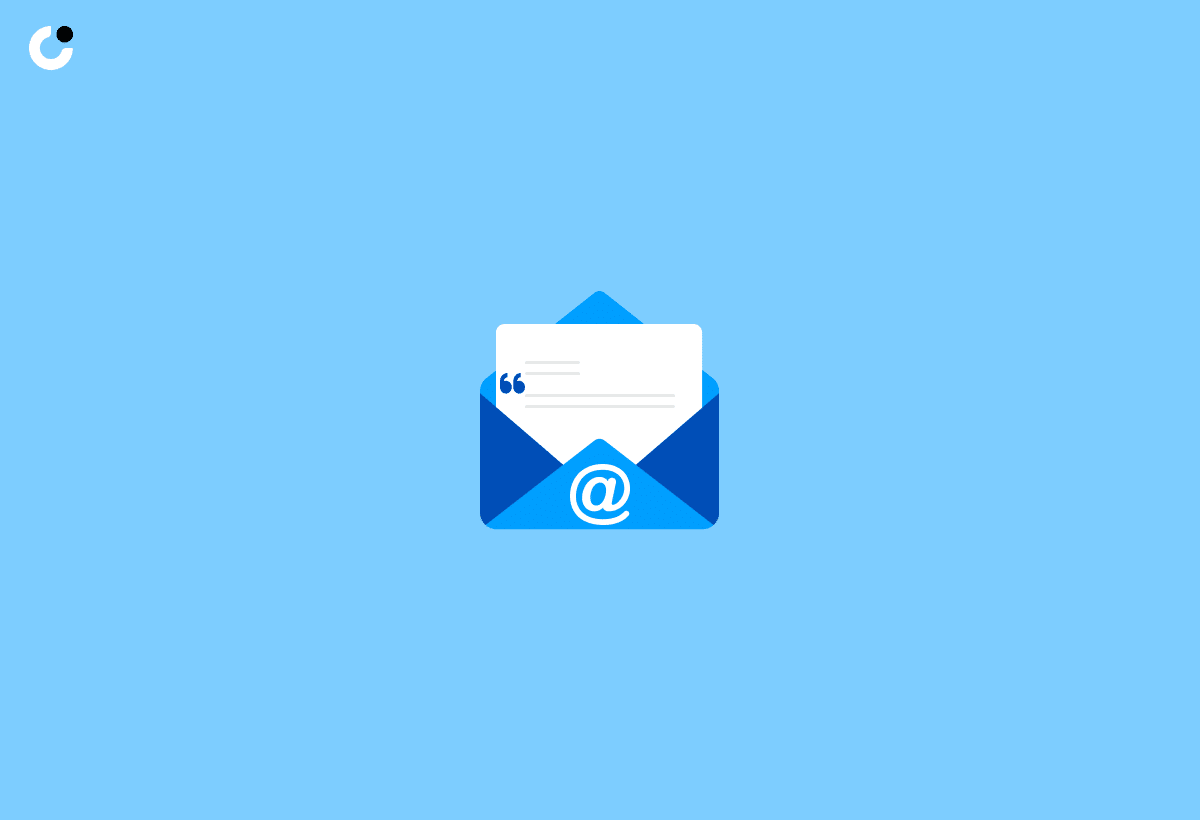
Explore a variety of sample quotation emails including request quotes, revised pricing, supplier or vendor interactions, and customer communications to gather inspiration for crafting effective and engaging email communications in business relationships.
When sending a request for a quote, it is crucial to be clear and concise about the products or services needed and the specific pricing requirements. For instance, you can mention the quantities required, any customization details, and the desired delivery timeline. In the case of revised pricing, it's important to articulate the reasons for the change and highlight any benefits or added value. When interacting with suppliers or vendors, professionalism and clarity are key; ensure that the email reflects a cooperative and respectful tone. Customer communications should focus on building rapport, addressing concerns promptly, and showcasing excellent customer service.
Request, Revised, Price, Supplier/Vendor, and Customer Samples
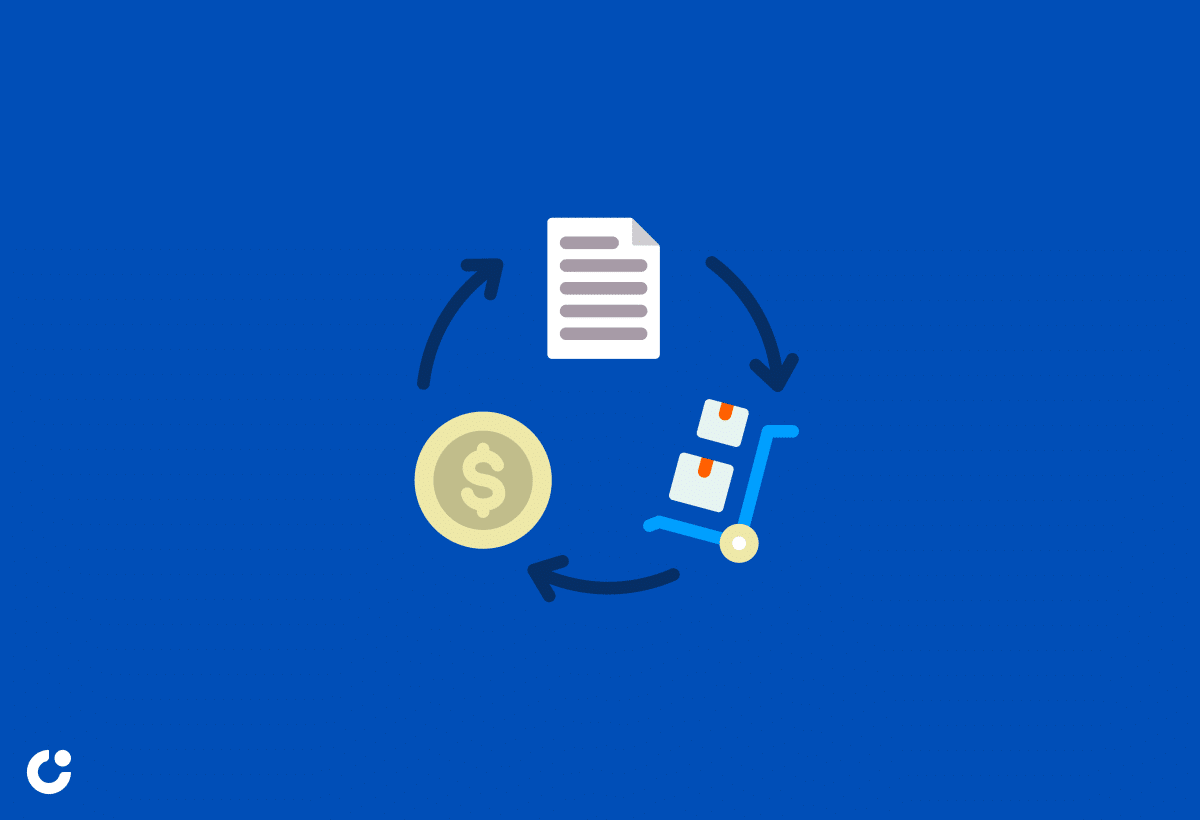
Reviewing request, revised pricing, supplier/vendor communication, and customer samples can offer valuable insights into effective quotation email strategies, fostering strong business relationships and client engagements.
When handling client requests, it is essential to be prompt and clear in your responses. For instance, a well-crafted message confirming receipt of a client's request while outlining the next steps can instill confidence and showcase professionalism.
When negotiating pricing adjustments, it's crucial to strike a balance between accommodating the client's needs and ensuring your business remains profitable. An email exemplifying this balance could tactfully explain the revised pricing structure, emphasizing the added value or savings to the client.
Conclusion on Crafting Effective Request for Quotation Emails
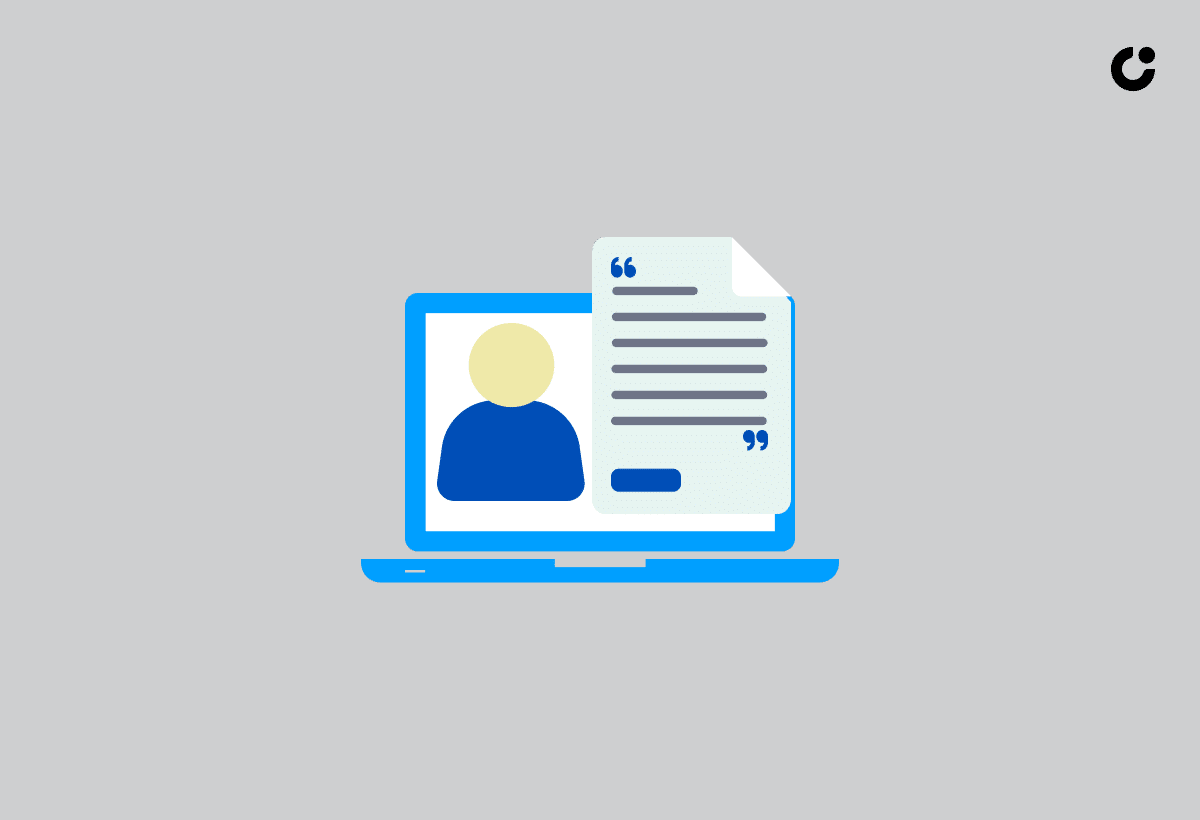
Crafting effective request for quotation emails involves engaging potential clients with detailed information, clear pricing, and personalized communication to build trust and win over clients in various business scenarios.
One crucial aspect of creating impactful RFQ emails is to ensure that the communication is highly personalized to the potential client's specific needs and preferences. By addressing the client's requirements directly and showcasing a deep understanding of their business challenges through the email, you establish a strong foundation for trust.
Regarding providing detailed information, be thorough but concise. Include essential service details, delivery timelines, and any unique selling points that differentiate your offering. Highlight key benefits that resonate with the client's pain points and demonstrate how your solution can address them effectively.
Pricing transparency is paramount in these emails. Clearly outline the costs involved, any potential additional fees, and the value proposition the client receives in return for their investment. This level of transparency builds credibility and helps the client make an informed decision.
Imbue your email with a tone that reflects your commitment to the client's success. Express genuine interest in solving their challenges, offer to address any queries promptly, and provide a clear call-to-action that encourages further engagement. This personalized touch goes a long way in securing trust and fostering lasting business relationships.
Key Takeaways and Best Practices

Key takeaways and best practices for crafting effective quotation emails include focusing on client engagement, enthusiastic project presentations, detailed service descriptions, and excitement about potential collaborations to enhance business relationships and win over clients.
When aiming to create a compelling quotation email, client-centric approaches should be at the forefront of your strategy. Understanding the client's needs, preferences, and pain points can significantly impact the success of your email. Incorporating enthusiasm for the project not only showcases your commitment but also resonates with the client, making them more likely to engage. Providing clear and concise service details is crucial; it helps the client understand the value proposition and builds credibility for your offering. Mentioning potential collaborative possibilities can open doors for long-term partnerships and mutual growth.
Additional Resources for Email Communication
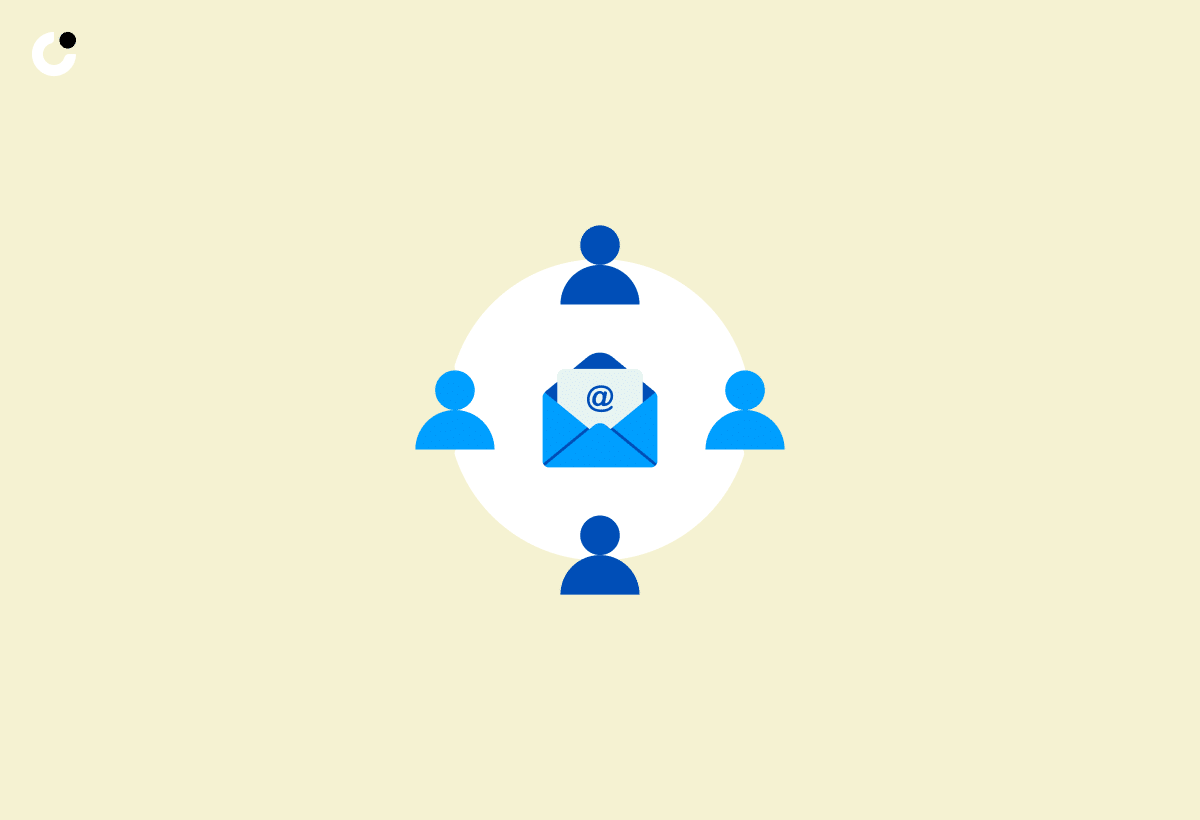
Exploring additional resources for email communication can provide insights into enhancing communication endings, leveraging follow-up templates, and implementing effective cold email strategies and lead generation techniques for business growth.
One crucial aspect of improving email communication is perfecting the art of endings. Encouraging a call to action or expressing gratitude can leave a lasting impression on recipients.
Utilizing follow-up templates streamlines the process and ensures timely responses. Regarding cold email outreach, personalization and relevance are key to capturing attention.
Lead generation strategies such as targeted campaigns and strategic partnerships can significantly boost business outreach and cultivate valuable client relationships.
Enhancing Endings, Follow-up Templates, Cold Email Strategies
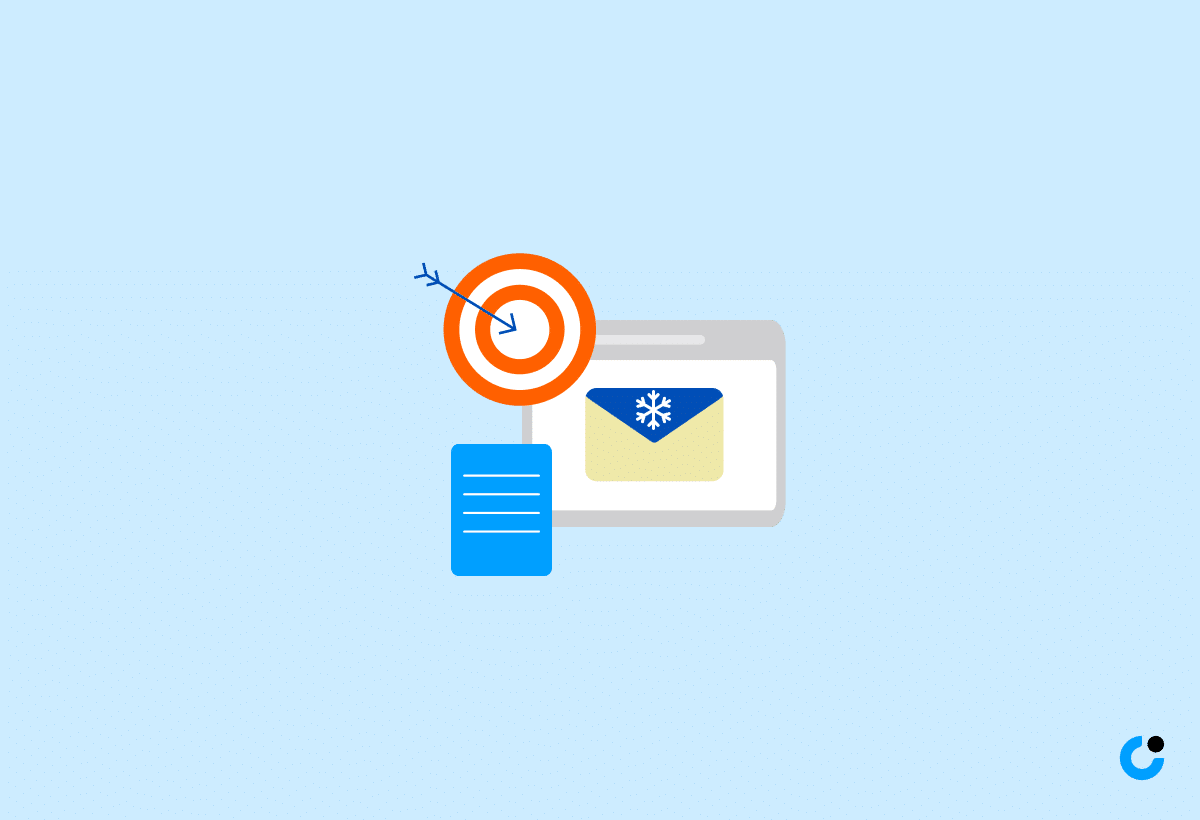
Improving communication endings, utilizing follow-up templates, implementing effective cold email strategies, and utilizing lead generation agencies can significantly enhance email interactions with potential clients, showcasing professionalism, clarity, and trustworthiness.
It is crucial to understand the art of crafting impactful endings in emails, as they leave a lasting impression on the recipient. By incorporating personalized details or a call-to-action, you can prompt the recipient to engage further.
Following up on emails is a powerful way to maintain communication and build relationships with clients. Using automation tools can streamline this process, ensuring that no follow-up slips through the cracks.
Regarding cold-email strategies, always make sure to tailor your approach to the recipient. Personalization and relevancy can make a significant difference in grabbing the recipient's attention.
Working with lead generation agencies can offer valuable insights into reaching out to potential clients effectively. These agencies can provide targeted lists and strategic approaches to boost your outreach efforts.
Power Words, Spam Trigger Words, Lead Generation Agencies
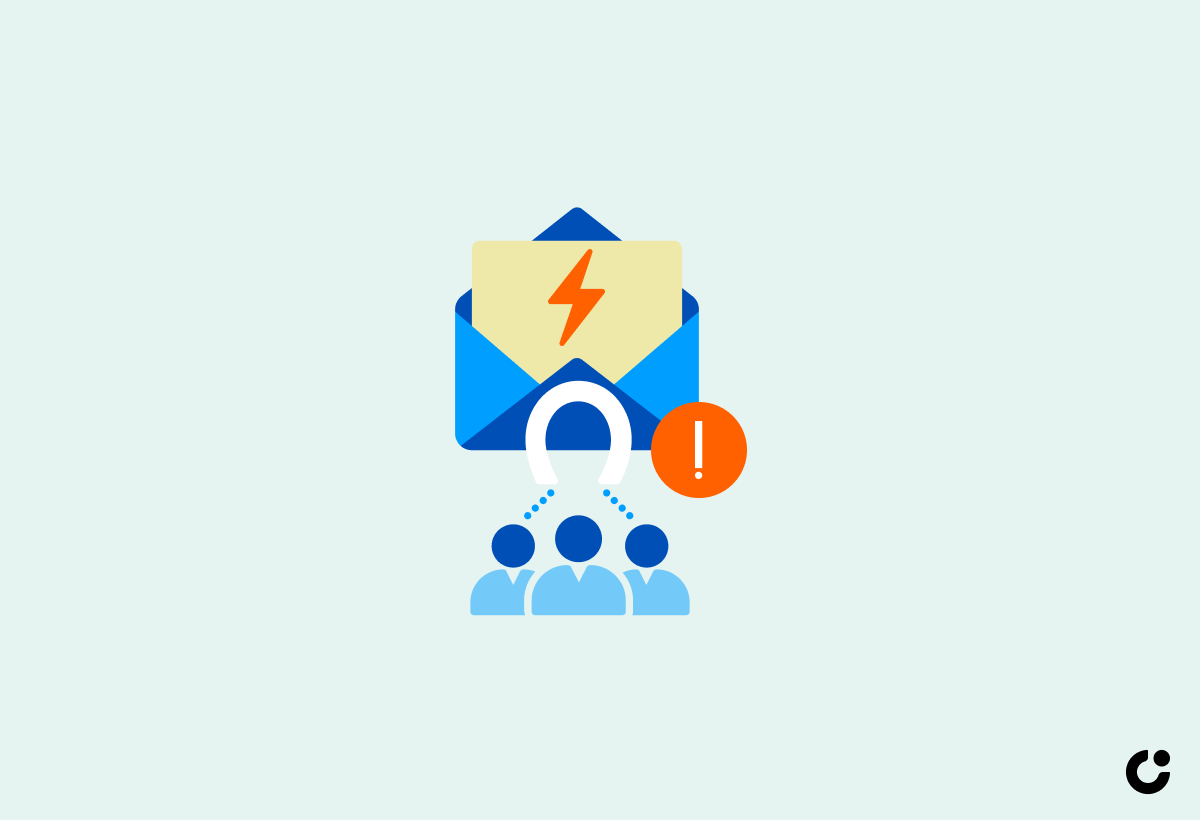
Exploring power words, avoiding spam trigger words, and leveraging lead generation agencies can enhance the effectiveness of email communications, ensuring strong engagement, inbox delivery, and business growth.
Power words, infused strategically within your email content, have the ability to captivate the reader's attention, evoke emotion, and drive action. By steering clear of spam trigger words that can flag your emails as spam, you can significantly increase your inbox placement rates, ensuring that your messages reach the intended audience.
Collaborating with lead generation agencies can provide valuable insights and resources to optimize your email campaigns, target the right audience, and ultimately boost your conversion rates. By implementing engagement strategies such as personalized content, interactive elements, and compelling call-to-actions, you can foster meaningful interactions with your subscribers, leading to long-term relationships and business expansion.
Frequently Asked Questions
What is the purpose of a Request for Quotation (RFQ) email?
A Request for Quotation email is a formal way to initiate a conversation with a supplier to request pricing information for goods or services. It is used when a company is looking to make a purchase and needs to gather quotes from potential vendors.
How should I structure my RFQ email to ensure it is effective?
Your RFQ email should have a clear and concise subject line, a brief introduction to your company and the purpose of the email, a detailed description of the goods or services you are interested in, and a specific request for pricing information.
What information should I include in the description of goods or services in my RFQ email?
It is important to provide as much detail as possible in the description of goods or services in your RFQ email. This can include specifications, quantities, delivery requirements, and any other relevant information that will help the supplier provide an accurate quote.
How many suppliers should I send my RFQ email to?
It is recommended to send your RFQ email to at least three potential suppliers to gather a range of quotes and ensure you are getting competitive pricing. However, the number of suppliers may vary depending on your specific needs and industry.
Is it necessary to follow up on my RFQ email if I don't receive a response?
Yes, it is important to follow up on your RFQ email if you do not receive a response within a reasonable amount of time. This shows your interest in their goods or services and may prompt a response or negotiation on pricing.
Can I negotiate pricing in my RFQ email?
Yes, you can include a note in your RFQ email that pricing is negotiable. However, it is best to wait for the supplier to provide their initial quote before initiating negotiations to ensure a fair and realistic starting point.

